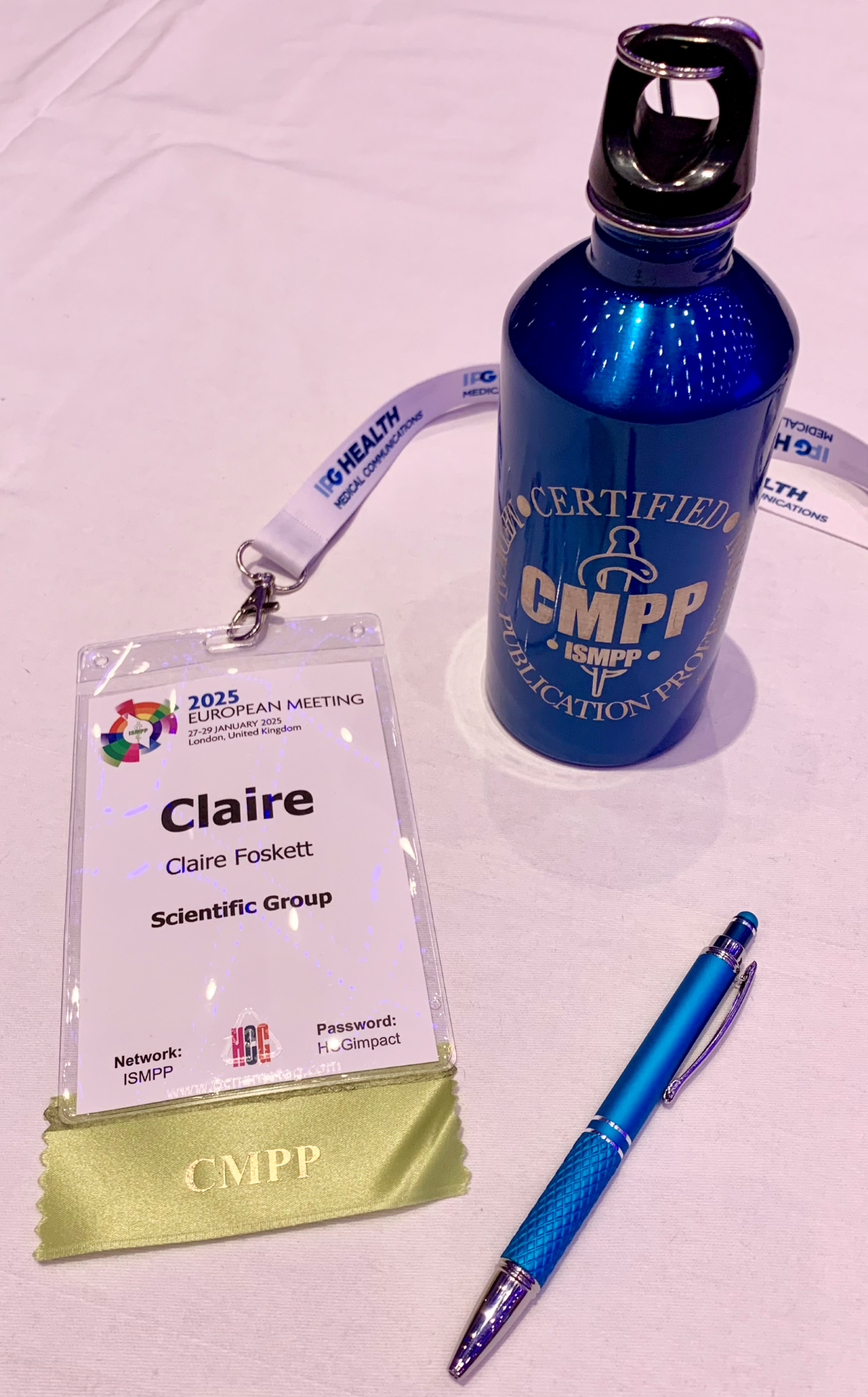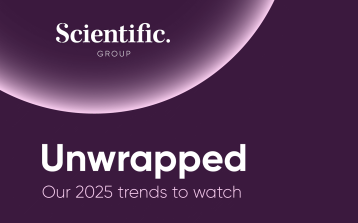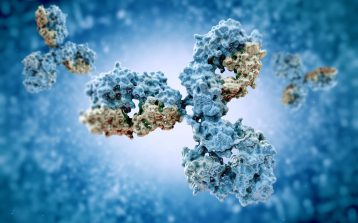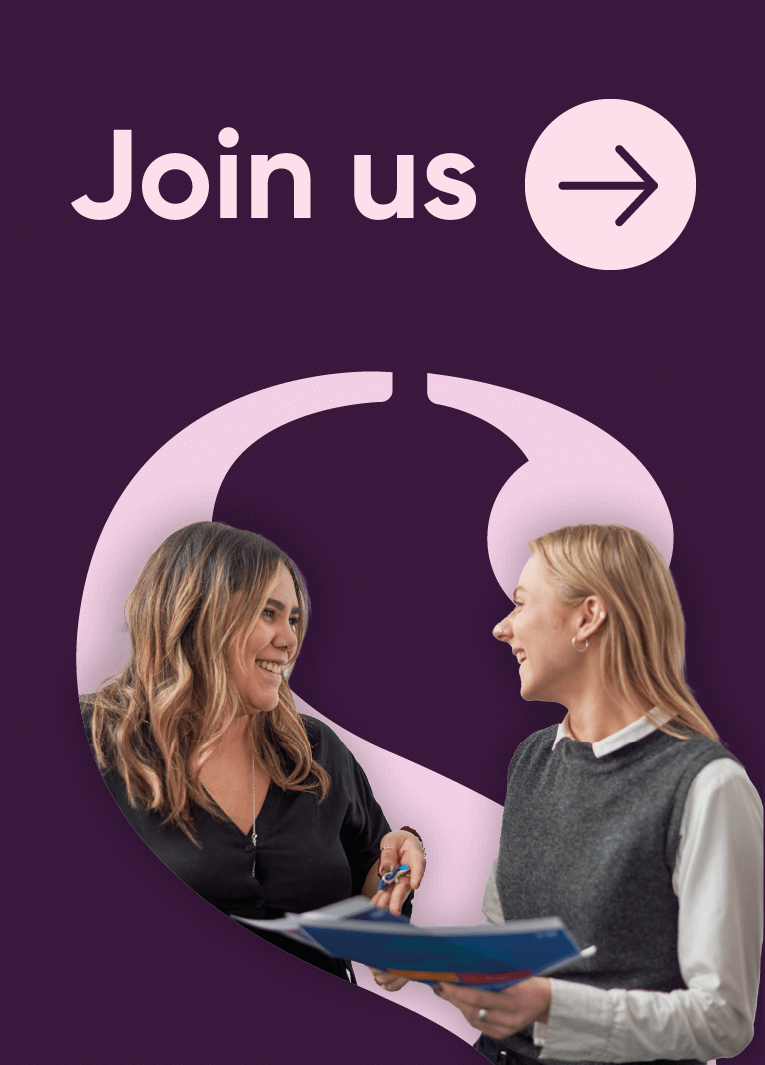At the end of January, I was fortunate enough to attend the 2025 European Meeting of the ISMPP (International Society for Medical Publication Professionals) in London. This year’s 2-day meeting was the biggest yet, with around 420 attendees. Those of us with the Certified Medical Publication Professional (CMPPTM) accreditation were treated to a CMPP-branded water bottle and pen, and could gain credits by attending the sessions. From the delegate list on the app, it seemed that around 80% of attendees were from med comms agencies, so, as well as learning plenty, I bumped into lots of familiar faces, including ex-Scientific Group colleagues and people from the various offices I worked at with my last agency (Chester, London, and Auckland).
The theme of this year’s meeting was ‘Core values for an integrated age – the necessity of being forward-thinking, especially as we navigate an era in which technology, human insight, and patient involvement are increasingly intertwined with processes’. There were two fascinating keynote speeches – one by Andy Pag, who travelled across the world in a bus fueled by cooking oil discarded from restaurants, and one by Naomi Sesay, who is developing a female-centric, bio-designed, sustainable smart city in Sierra Leone. Their speeches were powerful and moving, and really made me think about my role in making a difference (personally and professionally) while maintaining integrity.
Artificial intelligence (AI) and accessibility were key topics throughout the meeting. There was a lot of discussion about how agencies and pharma are using AI. Several companies have developed their own AI tools, in particular for summarizing text, e.g. plain language summaries (PLS). But, as AI becomes a bigger part of our daily lives, AI data centers will need more and more energy (even nuclear reactors) to power them – and this has implications for energy supplies and sustainability.
Presenters spoke about the need for ‘a strong human—machine handshake’ – humans still need to check anything generated by AI, but this dynamic could shift soon. Indeed, an entire session was dedicated to envisioning what the medical publication professional role will look like in 2035 – perhaps more of a prompt writer and data interpreter than a content creator per se, although the fundamentals of writing will remain. And even if AI wins in the short term, we may see a renaissance in 20 years when people rediscover the value, flair, and nuance in copy written by human professional writers – much like how, despite the rise of microwave meals in the 1970s, home cooking is once again making a comeback today.
In terms of accessibility, I heard the term ‘lived experience’ many, many times during the meeting. Several patients were in attendance and spoke about the importance of keeping the patient front of mind in all our activities. One session was a ‘balloon debate’, in which accessible deliverables beyond the traditional manuscript (PLS, podcasts, videos, AI-generated audience-specific manuscripts, and the traditional manuscript itself) were discussed. Each panelist outlined the case for one type of deliverable, and the one with the least convincing argument was thrown out of the hot air balloon. AI was the first to go!
There was also an interesting session on making meetings more accessible for all: ‘whoever you are, you should be able to turn up to a meeting and have the best meeting possible’. Suggestions to improve accessibility ranged from the quick fixes (offering to get a delegate’s lunch if they might struggle to carry it themselves), to the potentially more complex (having a low sensory room available), to the ‘why didn’t someone think of that?’ (not having champagne flutes as the drinks vessels at a meeting for patients with Parkinson’s disease).
One of my favorite sessions was on data visualization. Here, the speaker asked us to look at Titian’s Bacchus and Ariadne and understand how the artist had used figure—ground organization to draw attention to the main characters. He then discussed how we could use elements of this – position, orientation, size, etc. – to tell a story with our data.
Overall, I felt that ISMPP put on a great meeting, although I was surprised that copyright and omnichannel – aspects that feature heavily in my day-to-day work (publications or otherwise) – were barely mentioned. I came away excited about the potential improvements that will make publications more accessible for everyone. And, for once, it was nice to be on-site as a delegate rather than having to worry about logistics and slide content!





